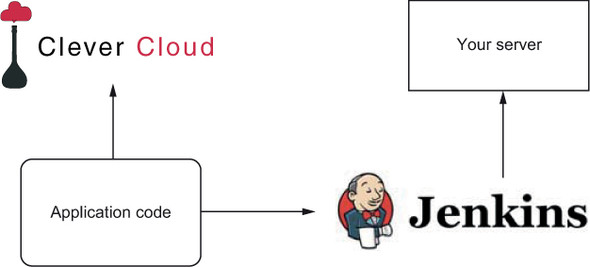Chapter 10. Deploying reactive Play applications
This chapter covers
- Preparing a Play application for production deployment
- Setting up a continuous integration server and running integration tests with Selenium
- Deploying a Play application to the Clever Cloud PaaS and to your own server
One of the most critical aspects of building a reactive web application is deploying it correctly. If, for example, you deploy the application on a traditional application container, it may not have the capability to scale in and out automatically, hence losing the elastic aspect of a reactive application. It’s therefore important to be well aware of what happens with the application once deployed and whether it is implemented in such a way that it can meet the requirements necessary for a truly reactive deployment.
In this chapter we’ll take a simple Play application, make it ready for production, and then see how to build and test it using the Jenkins CI (continuous integration) server (https://jenkins-ci.org) to finally deploy it. We’ll use two deployment methods: the managed Clever Cloud PaaS (Platform-as-a-Service: http://clever-cloud.com) and your own server, as shown in figure 10.1.
